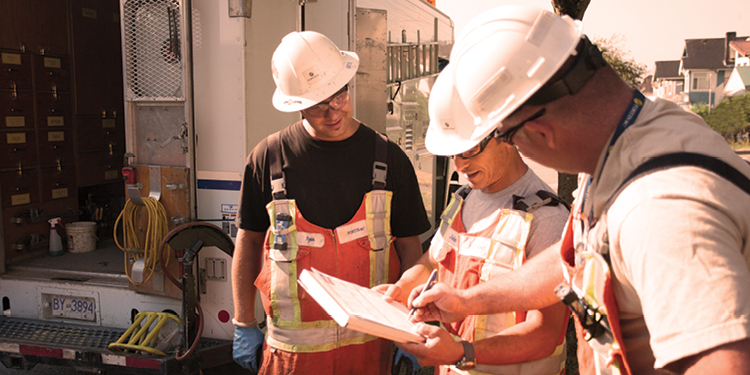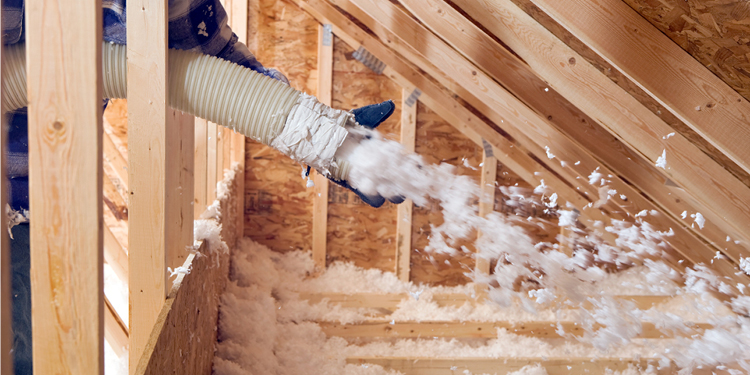8 smart questions to ask before you rent or buy
April 7, 2017
Updated May 15, 2023
Imagine you found the perfect home in an idyllic Okanagan orchard. You moved in, feeling like it's the start of a new life - and then you got the first utility bills.
It turns out your charming dream home was costly to heat. The old gas furnace did a poor job so you added electric space heaters to keep the home more livable during the cold winter months. But even when you unplugged the space heaters and bundled up in sweaters, the electric water heater was still having a big impact on your electricity costs.
This story is far too common. The housing market can limit options for renters and first‐time homebuyers, but in terms of overall affordability, it’s important to know what you're getting into before you commit.
Check out these 8 smart questions to ask about a home’s energy efficiency before you sign a rental or sales contract.
1. Who’s paying the utility bills?
This could be the most important question for renters. Is it you or the landlord? If it’s the landlord, make sure you have it in writing. If not, be sure to consider the costs in your budget.
2. What utility services are in the home?
Is it just electricity (sometimes referred to as ‘hydro’) or does the home also have gas? In addition to lights, electronics and appliances, electricity is sometimes used for space and water heating. But at current rates, it’s often more affordable to heat a home and its hot water with gas. Homes with gas may also have added benefits like a gas fireplace.

3. How much are the utility bills?
While each family uses a home differently, if the previous tenant (or landlord, if the account was in their name) is willing to share this information with you, it can help you determine if the home is in your budget.
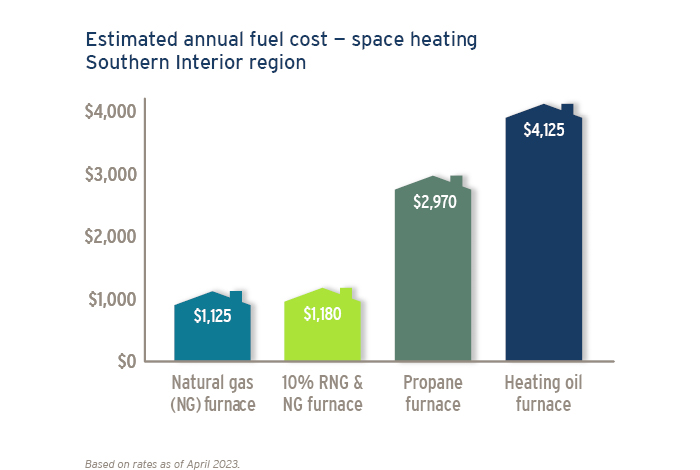
4. How is the home heated?
With space heating accounting for more than 50 per cent of a home’s total energy use1, it’s critical to understand how the home is heated because some systems are more costly to operate than others. If the home has heating equipment in the basement or utility closet, it probably has central heating with a furnace. Furnaces can be powered by gas, electricity or even oil.
If the furnace is gas find out if it’s high-efficiency or not. A newer ENERGY STAR® model will cost much less to operate than an older mid- or low-efficiency model. And while electric furnaces are efficient, they are more costly to operate than a gas one.
Homes with electric baseboard heaters offer the convenience of zone heating (the ability to heat just the occupied rooms) but tend to be more expensive to use than furnaces and heat pumps. Try our home energy calculator to compare the operating costs of different heating systems for your home. Air source heat pumps are becoming more common for electrically heated homes. They can reduce electric heating costs and provide cooling in summer too.
5. How is the water heated?
Heating water is the second largest energy consumer1 in your home. An apartment or condominium might have a central water heating system shared by all the occupants, so these costs would be included in your rent or strata fees. Some condominiums however, have electric storage tank water heaters in each unit. In that case, you’d be responsible for paying your water heating costs. Overall, heating a home’s water with a standard efficiency gas storage tank water heater costs about half of what it does with an electric model.2 But electric heat pump water heaters are a newer innovation that offer efficiencies of up to 200 per cent for tier 2 models, and even higher for tier 3 models and up, saving you money on water heating costs.
6. Is the home well insulated?
Older homes can be drafty due to poor window and door sealing and inadequate insulation, making it more costly to heat. When you inspect the property, look for weatherstripping or caulking around windows and exterior doors and check for proper seals around dryer and fan vents. Also, check to see if the home has insulation in the basement or crawlspace and attic.
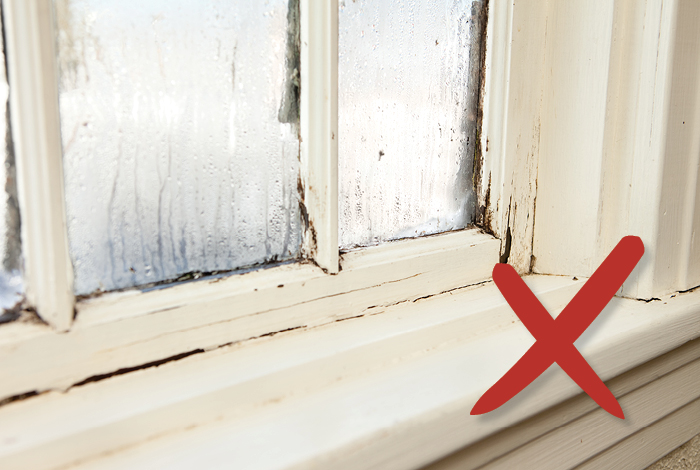
7. When were the heating appliances last serviced?
Furnaces and water heaters should be serviced every year to make sure they are running safely and efficiently. If you rent, the landlord is usually responsible for maintenance like this. Gas appliances should only be serviced by a licensed gas contractor.
8. Who replaces the furnace filters?
If the home has a furnace, it will have a filter that needs to be cleaned or replaced on a regular basis. We recommend once every three to six months, more if there are pets and/or smokers in the home. If you rent, the landlord is usually responsible for regular repairs and maintenance, such as replacing furnace filters, according to the Residential Tenancy Act.
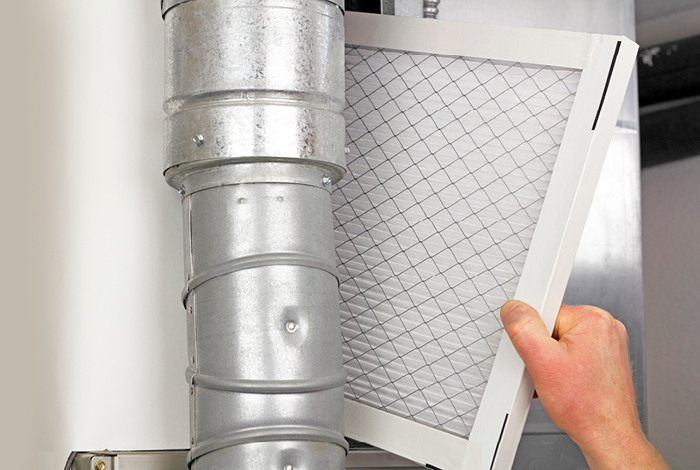
Now a question to ask yourself—how do I get help?
If you’re already in a home and need help managing your utility bills, we recommend contacting us to set up an equal payment plan. You can also sign up for Account Online and get help managing your energy use with the tools provided in the My energy use tab.
If you own the home and plan to make energy-efficiency upgrades, we’ve got rebates that can help you offset the cost of your upgrades. And if you’re considered income qualified, you could be eligible for free upgrades or space and water heating rebates.
Want to reduce your energy costs even more, and make your home more comfortable? Reach for a sweater instead of the thermostat and check out our low-cost and no-cost tips and how-tos for saving energy.
1Source: Natural Resources Canada, Office of Energy Efficiency, Comprehensive Energy Use Database, residential sector, B.C., Table 2: Secondary Energy Use Shares, 2020.
2Source: FortisBC energy calculator comparing electric storage tank water heater to standard efficiency gas storage tank water heater in the Lower Mainland.
3These are approximate annual costs for space heating of a typical household in FortisBC service areas as identified. A typical household is defined as a single family house approx. 2,300 square feet with average insulation. Anticipated savings will be the difference between annual natural gas, electricity, heating oil or propane costs for various heating equipment. Calculations compare the most energy-efficient heating equipment currently available for natural gas furnace heating, oil furnace heating and propane furnace heating. The calculations are based on FortisBC natural gas rates as of April 2023, Calculations include applicable carbon tax.

